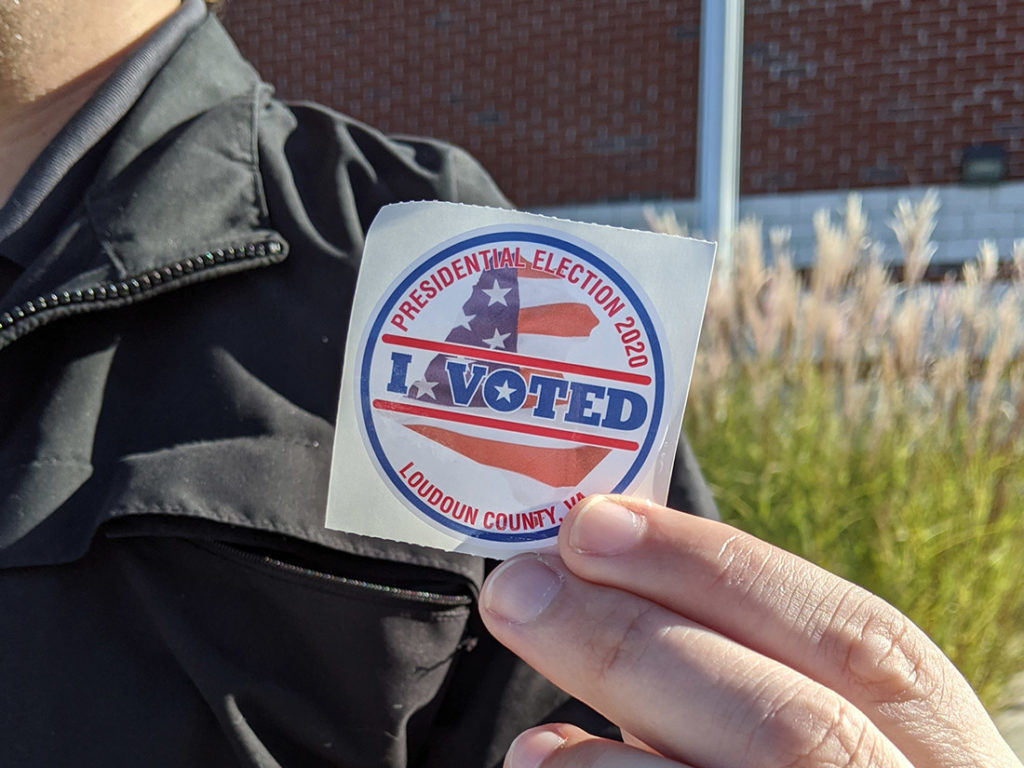Tomorrow, millions of American citizens will go to the polls. Millions more have voted already. They’re casting ballots for their state’s presidential electors, for members of the U.S. Senate and U.S. House of Representatives, for governors and state legislators, for local officials, for voter initiatives, for state constitutional amendments, for local bond referendums, and more.
Lots of people will be happy with the outcomes. Lots of people will be angry. Lots of people will land somewhere in-between. This, we know. Everything else is just guesswork. Even outcomes that seem certain aren’t necessarily so. There will be surprises. Somewhere in America, at least one candidate who is “definitely going to win” will lose, and at least one who is “guaranteed to lose” will win. That’s just how it goes. Only one opinion poll really matters—the one we’ll be counting tomorrow night.
These surprises can happen even at the presidential level. Anybody who didn’t know that already should have learned it four years ago. A repeat performance by President Donald Trump (R) seems very unlikely, but it is not out of the question. Stranger things have happened in American politics. And 2020 is, to say the least, a strange year. A lot of the normal “rules” may apply even less reliably than they did in 2016. The only thing that would surprise me tomorrow night would be if nothing surprising happens.
When the results are in, what happens next? In the presidential contest, it is possible that we’ll get stuck in limbo with some tiebreaker state hanging in the balance like Florida in 2000. That would be unbearable, but at least we’d all be forced to bear it together. More likely, we’ll have a winner . . . and it will be up to each of us to deal with that like mature adults. There should be no gloating by the winners, and no despair by the losers. And above all, there should be no violence and no rioting and no destruction.
I have said this before, of course, but people are going to do what they do. Some insist on being sore losers (or winners). And some insist on using things like election results as an excuse to vent their anger in harmful ways. That’s a shame. Don’t be one of those people. Be better.
On Wednesday, no matter who we voted for in any given race, we’ll still be Americans. Our political disagreements—however strong or justifiable they might be—are no reason to hate or hurt each other. We can fight tooth-and-nail over policy without dehumanizing. We can assume mutual good intentions. And we can win or lose elections with grace and respect . . . even when our candidates don’t.




